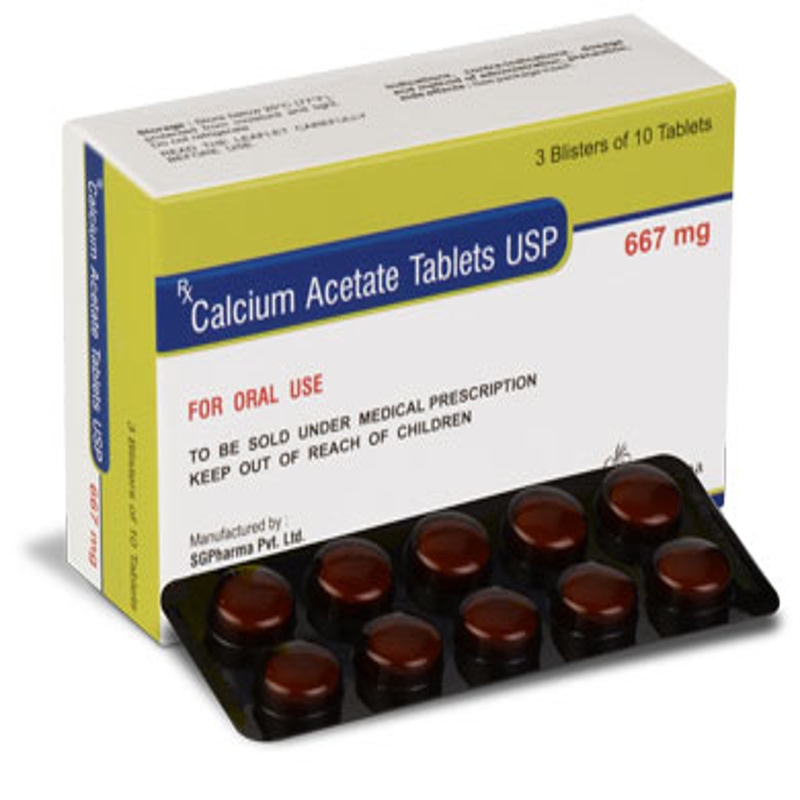-
Categories
-
Pharmaceutical Intermediates
-
Active Pharmaceutical Ingredients
-
Food Additives
- Industrial Coatings
- Agrochemicals
- Dyes and Pigments
- Surfactant
- Flavors and Fragrances
- Chemical Reagents
- Catalyst and Auxiliary
- Natural Products
- Inorganic Chemistry
-
Organic Chemistry
-
Biochemical Engineering
- Analytical Chemistry
-
Cosmetic Ingredient
- Water Treatment Chemical
-
Pharmaceutical Intermediates
Promotion
ECHEMI Mall
Wholesale
Weekly Price
Exhibition
News
-
Trade Service
Multiple myeloma (MM) is characterized by the persistence of minimal residual disease during combination therapy by patients, leading to multiple cycles
of remission and recurrence.
Each subsequent line of therapy is often associated with poorer efficacy and an increased risk of treatment or disease-related complications, especially in older patients with more non-myeloma-related complications
.
Triple refractory MM (including immunomodulators, proteasome inhibitors, and CD38 monoclonal antibodies) is particularly refractory, with few treatment options and difficulty in obtaining a deep, durable response
.
Therefore, relevant researchers are constantly exploring new anti-myeloma therapies that meet the needs of effectiveness, good tolerability, and ease of use, and can be used
as the main drug in combination with traditional and new anti-myeloma therapies.
Iberdomide is a novel, potent cereblon E3 ligase modulator that binds to cereblon with a 20-fold higher affinity than the immunomodulators lenalidomide or pomalidomide and more efficiently degrades target proteins, including the transcription factors Ikaros and Aiolos
.
Recently, A study was published in The Lancet Haematology evaluating the safety and clinical activity
of Iberdomide in combination with dexamethasone in patients with relapsed or refractory MM (R/R MM) who have previously received multiple lines of therapy.
Research methods
This study was a multicohort, open-label, phase I/II trial with patient inclusion criteria: age ≥ 18 years; Patients with R/R MM; Measurable lesions at the time of enrollment, ECOG score of 0~2, disease progression during or within 60 days after the last treatment of myeloma; Patients who have received at least prior second-line myeloma therapy, including lenalidomide or pomalidomide and proteasome inhibitors, are enrolled in an ascending dose cohort; Patients who have received at least third-line therapy prior to triple refractory disease (including immunomodulators [lenalidomide or pomalidomide], proteasome inhibitors, CD38 monoclonal antibodies) are enrolled in a dose-expanded cohort
.
In the dose-escalation cohort, the study used a 3+3 design to determine the maximum tolerated dose (MTD) and the recommended phase II dose (RP2D), and patients received an ascending dose of oral Iberdomide 0.
3~1.
6mg (1~21 days per cycle, 1 cycle every 28 days) + oral dexamethasone 40mg (days 1, 8, 15, 22 of each cycle; If the age >75 years, it is changed to 20 mg).
Patients in the dose-expanding cohort received Iberdomide + dexamethasone as RP2D for the same duration as the dose-escalation cohort
.
Treatment is continued until disease progression or intolerable toxicity
.
The primary endpoint of the dose-escalation cohort was to determine RP2D when Iberdomide was combined with dexamethasone; Secondary endpoints included safety, pharmacokinetics, pharmacodynamics, and preliminary activity
.
The primary endpoint of the dose-expansion cohort was overall response rate (ORR, including complete response [CR] or partial response [PR]); Secondary endpoints included safety, time to remission (time to remission from enrollment to ≥PR), duration of response (time from first remission to disease progression), progression-free survival (PFS; Time from first dose of treatment to disease progression or death from any cause) and overall survival (OS; Time from the first administration of treatment to death from any cause).
Study results
Patient baseline characteristics
From December 5, 2016 to December 16, 2020, a total of 460 eligible patients were included in the study, and 197 patients were finally enrolled to receive Iberdomide+ dexamethasone, including 90 patients in the dose escalation cohort and 107 patients
in the dose expansion cohort.
The baseline characteristics of the patient are shown in Table 1
.
Table 1
Safety and tolerability analysis
As of 2 June 2021, the median follow-up time was 5.
8 months (interquartile range [IQR] 3.
0 to 13.
7) in the dose escalation cohort and 7.
7 months (IQR 5.
3 to 11.
4)
in the dose expansion cohort.
In the dose-escalation cohort, two patients developed dose-limiting toxicity (DLT; All were infections, 1 patient developed grade 4 sepsis at the 1.
2 mg dose level, and 1 patient developed grade 3 pneumonia at the 1.
3 mg dose level), and 1.
6 mg was selected as RP2D, which did not reach MTD
.
In the dose-expansion cohort, the most common grade ≥ 3 adverse events (AEs) included neutropenia (48 [45%]), anemia (30 [28%]), infection (29 [27%]), and thrombocytopenia (23 [22%]).
Fifty-seven (53%) patients developed severe AE.
Five (5%) patients discontinued Iberdomide due to AE, and one (1%) developed treatment-related death (sepsis) (Table 2).
Table 2
Efficacy analysis
All 107 patients in the dose expansion cohort were included in the efficacy analysis, 28 patients achieved CR or PR (ORR 26%, 95% CI, 18~36), of which 8 patients (8%) achieved VGPR, 1 (1%) achieved strict complete response (sCR), and 46 (43%) patients achieved SD (Figure 1).
The median time to response was 4.
2 weeks (IQR 4.
1~10.
9) and the median duration of response was 7.
0 months (95% CI, 4.
5~11.
3; Figure 2A).
Disease progression or death occurred in 85 patients (79%) and the median progression-free survival (mPFS) was estimated to be 3.
0 months (95% CI, 2.
8~3.
7; Figure 2B).
Fifty-one (48%) patients died, with an estimated median OS (mOS) of 10.
7 months (95% CI, 8.
8~not assessable; Figure 2C).
Figure 1
Figure 2
Conclusion of the study
In patients with MM receiving multiple lines of therapy, including MM patients refractory to immunomodulators, Iberdomide+ dexamethasone is generally safe and demonstrates meaningful clinical activity
.
The above data suggest that further evaluation of Iberdomide in combination with dexamethasone or other standard antimyeloma therapies is necessary
.
References: Lonial S, Popat R, Hulin C, et al.
Iberdomide plus dexamethasone in heavily pretreated late-line relapsed or refractory multiple myeloma (CC-220-MM-001): a multicentre, multicohort, open-label, phase 1/2 trial.
Lancet Haematol.
2022 Oct 6:S2352-3026(22)00290-3.
doi: 10.
1016/S2352-3026(22)00290-3.
Disclaimer: This platform is designed to deliver more medical information
to healthcare professionals.
The content published on this platform cannot replace professional medical guidance in any way, nor should it be regarded as diagnosis and treatment advice
.
If such information is used for purposes other than understanding medical information, this platform does not assume relevant responsibilities
.
The content published by this platform does not mean that it agrees with its description and views
.
If copyright issues are involved, please contact us and we will deal with
it as soon as possible.
Poke "Read Original" to see more







